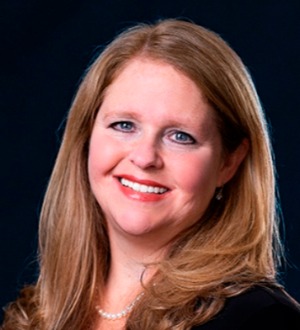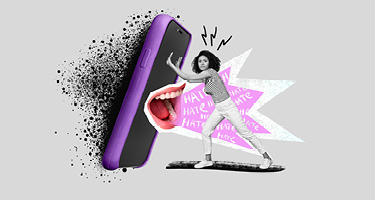- Elimination of the “severe” or “pervasive” standard. Employees only have to establish that they were subjected to “inferior terms, conditions or privileges of employment” as a result of their membership in a protected class. (Applies to alleged harassment based on an employee's membership in any protected class - not just sexual harassment.)
- Elimination of the “Faragher-Ellerth” affirmative defense. An employee’s unreasonable failure to follow the employer’s reporting procedures may still be used as evidence, but it will no longer end an employee’s claim.
- No nondisclosure obligations. Settlement agreements on claims of unlawful discrimination cannot contain nondisclosure provisions unless the employee expressly wants such a provision to be included. (Previously only applied to settlement of sexual harassment claims.)
- Non-employees are protected, too. “Non-employees” such as contractors, subcontractors, consultants, vendors or other parties engaged in a contractual relationship with the employer are protected under the anti-discrimination laws, too.
- More time to file claims. The time to file claims of sexual harassment is increased from one year to three years. (Implemented August 12, 2020.)
Under current federal laws, unlawful harassment is “unwelcome conduct that is based on race, color, religion, sex (including pregnancy), national origin, age (40 or older), disability or genetic information … where 1) enduring the offensive conduct becomes a condition of continued employment, or 2) the conduct is severe or pervasive enough to create a work environment that a reasonable person would consider intimidating, hostile, or abusive.” Seehttps://www.eeoc.gov/laws/types/harassment.cfm. In short, unlawful harassment is a type of discrimination in employment that violates Title VII of the Civil Rights Act of 1964, the Age Discrimination in Employment Act of 1967, (ADEA), and/or the Americans with Disabilities Act of 1990, (ADA).
Since the #MeToo movement, states other than New York have also made changes expanding protections beyond those provided by federal laws (California covered non-employees such as independent contractors, unpaid interns, and volunteers; Massachusetts passed a domestic workers bill of rights including protections against sexual harassment). Some states have also enacted mandatory harassment training laws (California, Connecticut, Delaware, Maine, and New York). While the legal standard for proving unlawful harassment in Iowa has not changed in reaction to the #MeToo movement, there have been several large verdicts awarded by Iowa juries on unlawful harassment and retaliation claims in the past few years.
The Importance of TrainingIn June 2016, the Select Task Force for the U.S. Equal Employment Opportunity Commission (EEOC) issued a report on its Study of Harassment in the Workplace. The report noted that employer harassment training has been ineffective over the last 30 years and needs to change. A summary of the proposed practices can be found here: https://www.eeoc.gov/eeoc/publications/promising-practices.cfm.
One of the recommendations includes workplace “civility training.” As described in the report, this type of training “does not focus on eliminating unwelcome or offensive behavior based on characteristics protected under employment non-discrimination laws, but rather on promoting respect and civility in the workplace generally.” The report noted the following regarding the importance of this training:- According to researchers, incivility is often an antecedent to workplace harassment, as it creates a climate of “general derision and disrespect” in which harassing behaviors are tolerated. For example, in studies of attorneys and court employees, researchers found significant correlations between incivility and gender harassment. Researchers also have found that uncivil behaviors can often “spiral” into harassing behaviors.





















